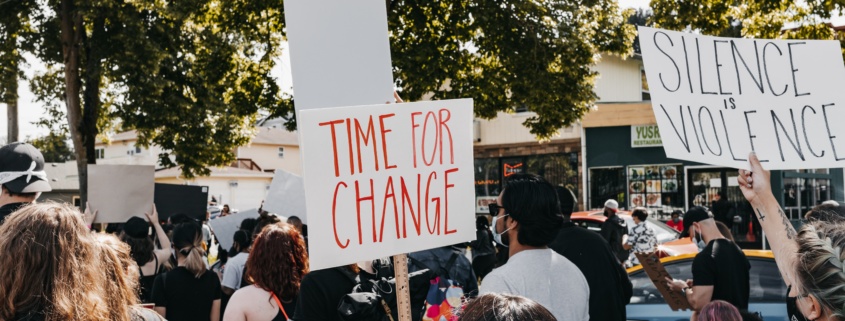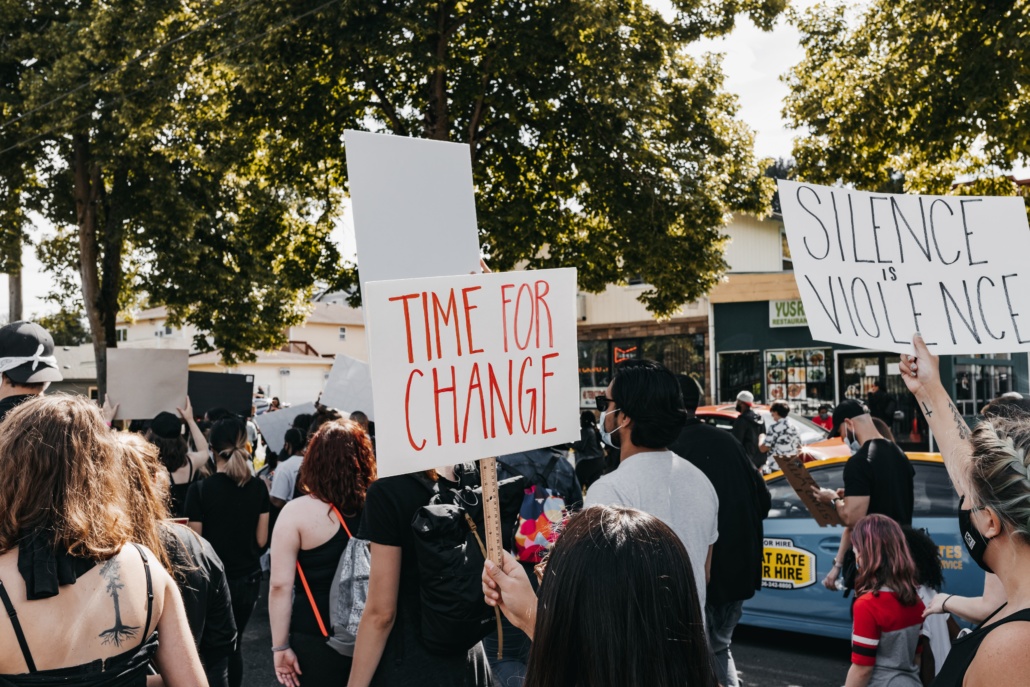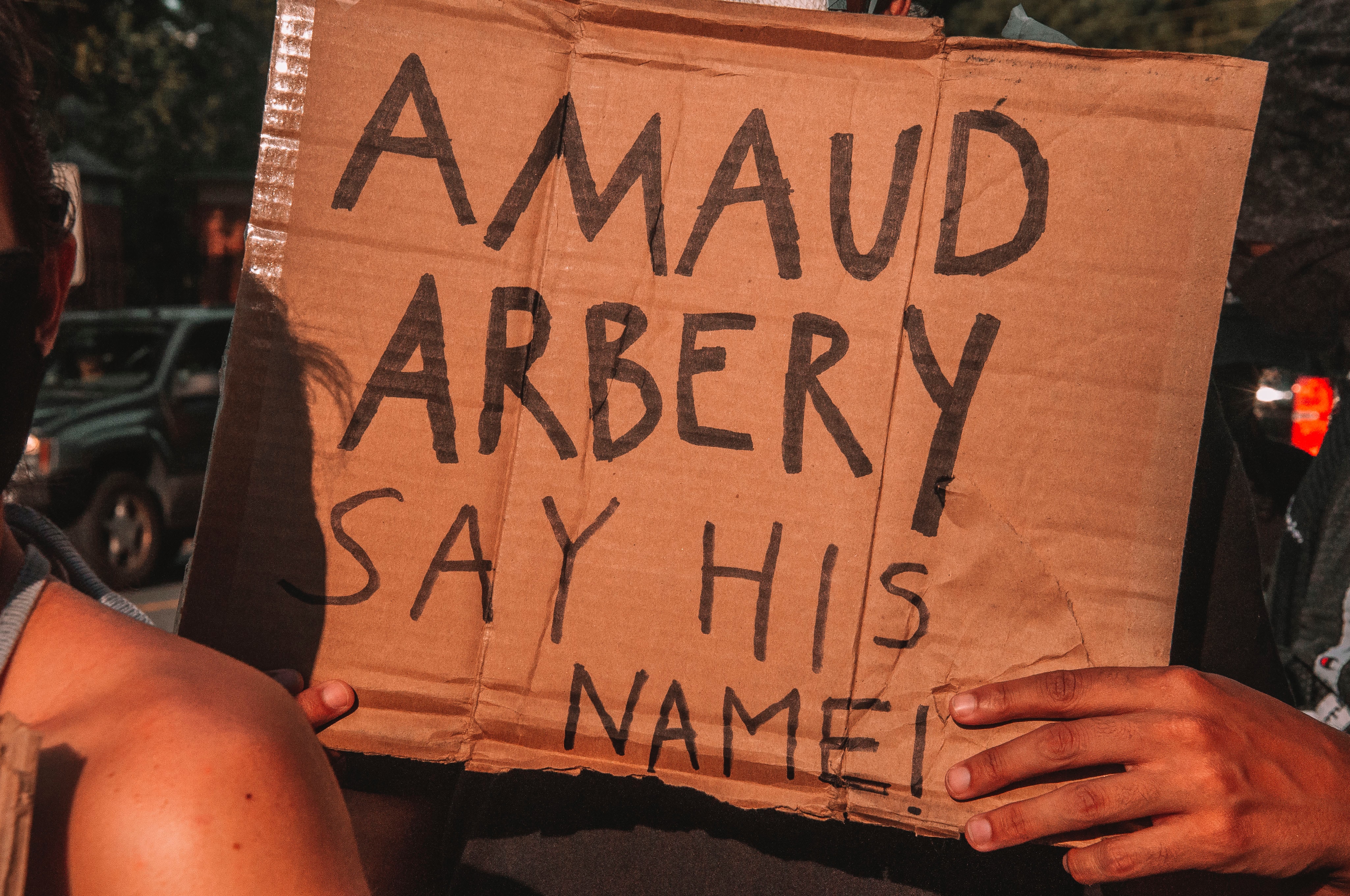Op Ed: I am a champion of human rights–mine, not yours
by Tariq A. Shah
It is becoming increasingly clear that on the issue of human rights violations, all faith traditions and nations are partners in crime. Our minorities exist because our majorities permit them the luxury of an often-demeaning life; this benevolence can end at any time at the majority’s will.
The Universal Declaration of Human Rights promised to be “the foundation of freedom, justice, and peace in the world” since peace is impossible without freedom and justice. The Declaration had intended to make individuals and nations conscious of not only their rights but also of the rights of other people.
Article 1 of the UDHR states, “Everyone is entitled to all the rights and freedoms set forth in this Declaration, without distinction of any kind, such as race, colour, sex, language, religion, political or other opinion, national or social origin, property, birth or other status.”
There are competing claims by adherents of various religious faiths that their particular religion has a better track record of protecting the human rights of the minorities and that their worldviews reflect superior human rights principles. They have argued that the Asian, African, Hindu, Islamic, Jewish, or Christian concepts of human rights predate and are superior to those that form the framework of the most secular 1948 Universal Declaration.
Perhaps because of this, many nations have adopted their own, regional variants of human rights treaties including the European Convention on Human Rights (1953), the Helsinki Declaration (1975), African Charter on Human and Peoples’ Rights (1981), The Cairo Declaration on Human Rights in Islam (1990), the Arab Charter on Human Rights (1994), and the Asian Human Rights Charter (1998).
Because each of the above Declarations and Charters embodies some of the same human rights ideals as voiced in the Universal Declaration, it would appear that there is a widespread if not nearly a universal consensus regarding the protection of rights of religious, ethnic, and other minorities.
In reality, there is a problem. That problem is the gap between principles and practice? We may ask, are these coveted human rights ideals worth the paper they are written on if they are not dutifully implemented? Such meaningless claims are of no consolation to those minorities who have to face real majoritarian abuse.
It is not what the followers of Islam, Hinduism, Judaism or Christianity say about human dignity or human rights. It is what they do that matters. Many would argue it is not because of, but despite the teachings of the major religions of the world that a small minority of followers of these faiths target minorities.
I ask, “Where is the collective outrage of the majority of the followers of these faiths when they witness injustices perpetrated on the hapless minorities?”
Where, for example, is the universal Muslim outrage when someone in Pakistan violates members of the minority communities as infidels or for not being Muslim enough?
This in the face of clear stipulations in the Quran against such acts.
Where is the global outcry when Hindu mobs lynch Muslims for eating cow meat in India?
This even though India is one of the top beef exporting countries in the world?
Where is the Buddhist expression of horror when the Myanmar army exterminates and sends into exile hundreds and thousands of Muslims in spite of Buddhism’s message of ‘loving-kindness and compassion’ to others?
Where is the Jewish uproar when the Israeli soldiers run roughshod on the Palestinians?
This notwithstanding the Jewish experience of the holocaust.
And where is the collective Christian outrage when Jews are subject to murderous right-wing bigotry? This even with Christianity’s claims on deep biblical roots of human rights ideals.
Thus, none of these faith traditions by themselves can serve as a benchmark to measure our individual and collective commitment to the protection of human rights. There is no denying that we all have our extremists and terrorists.
As one famous Arab poet said,” They all err—Muslims, Jews, Christians, and Zoroastrians.”
I would argue that we, as individuals, are also guilty of crimes against humanity when we are silent while observing violence in the name of religion. There is a significant risk of ignoring human rights violations. If we do not speak up and act when we see others victimized, who will speak up when we are the victims. While today others lose their human rights, tomorrow it maybe you and me who lose our human rights. The same Han Chinese who happily consign the Uighurs to gulag camps have been stereotyped in the West as ‘yellow peril’ and have been unfairly accused of manufacturing the global scourge of the COVID-19.
Today, persecution of minorities– legitimized through nationalistic, religious, or other majoritarian privileges– pervade our global cultures like a pandemic. Humanity is in a state of stupor and feels incapable of controlling its destiny. While scientific and technological progress has made our lives better, but they have not made us better human beings. We appear to lack the will to protect those who are victims of persecution. As a result, I fear that our current and future generations run the risk of annihilation due to intolerance, wars leading to cascades of emigration, refugees and xenophobia, and starvation, and pestilence.
Human rights have become a cliché. Matters of personal, national, and international ethics and morality are increasingly becoming irrelevant. Nations are inclined to disobey their laws and shrug off international law as extraneous to their populist-nationalist projects.
Let us not blame it all on populist nationalist leaders. They will do what all the populist nationalists do: create phantoms, stir up people’s fears, and use ‘others’ as political piñata to grab or stay in power. Why doesn’t every nation and every faith produce leaders like Jacinda Ardern, who made Kiwis proud and earned them global respect? We can learn from the Arderns of our times and begin with a self- criticism of our individual and collective thoughts or national records on human rights.
Is that too much to ask?
We need to stand up not only for our rights or for our faith but also for the rights and the faiths of others. We all, women and men, young and old– can and must act in our own daily lives, to defend the rights that protect us all and thus promote the common humanity of all human beings. Each one of us can make a difference by speaking up for those who are oppressed and silenced because of their religion, gender, race, or political persuasion.
Now more than ever, there is a desperate need for those who attend churches, mosques, synagogues, and temples to realize that when people of one religious, ethnic, or racial minority are victimized, we all are victimized. There is a dire need for all of us to foster pragmatic and practical humanitarianism. Maybe we have to rebuild our human family, one child, one person at a time. But rebuild we must. This is no longer an option; it is a civilizational imperative.
Tariq A. Shah is a citizen writer and lives in Rochester Hills. The opinions are authors and do not represent the policies of the organization he works for.

















2020
1,175 views
views
0
comments